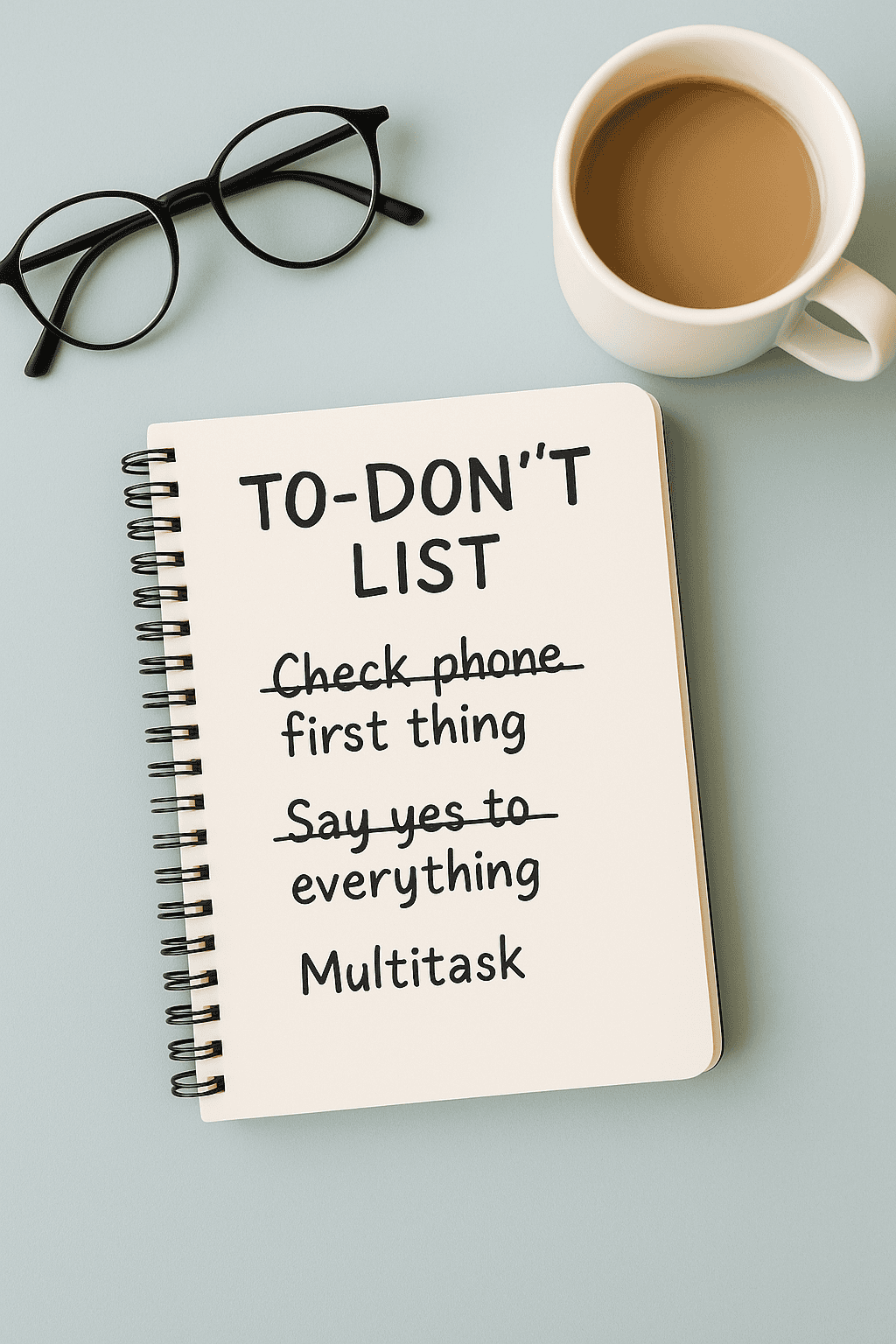Smart Living Starts Here – No Fluff!
You’ve likely experienced bouts of stress without knowing its hidden effects on your body. Recently, you might have wondered if that tension is linked to a minor spike in your liver enzyme levels during a routine check-up. While the connection isn’t as straightforward as it seems, chronic stress can influence various aspects of your health, including liver function. This article explores how everyday stress might relate to changes in liver enzymes and offers practical tips for managing stress and supporting your well-being.
Liver Enzymes 101: What’s the Big Deal?
Your liver is like your body’s overworked assistant. It filters toxins, processes nutrients, and helps digest fats. To do this, it relies on enzymes—tiny proteins that speed up chemical reactions. Two key players are ALT and AST. When your liver is stressed or damaged, these enzymes leak into your bloodstream, causing levels to spike on blood tests.
But here’s the twist: while alcohol, infections, or medications are common culprits, stress can also throw a wrench into the mix.
How Stress Sneaks Into Your Liver’s To-Do List
When you’re stressed, your body pumps out cortisol (the “stress hormone”). In small doses, cortisol is helpful—it keeps you alert and ready to act. But chronic stress? That’s like leaving your car engine running 24/7. Over time, excess cortisol can:
- Trigger inflammation, straining your liver.
- Disrupt fat metabolism, leading to fatty liver deposits (even if you’re not overweight).
- Weaken your immune system, making your liver more vulnerable to damage.
5 Ways to Lower Stress (and Protect Your Liver)
1. Swap Coffee Breaks for “Stress-Detox” Breaks
You can’t quit caffeine cold turkey (we get it), but try pairing your afternoon cup with a 5-minute mindfulness ritual:
- Belly Breathing: Inhale for 4 counts, hold for 4, exhale for 6.
- Gratitude Pause: Jot down one thing that didn’t suck today.
Why it works: Slowing your breathing lowers cortisol and gives your liver a breather.
2. Move Your Body—But Keep It Fun
Exercise isn’t just for weight loss. It boosts liver-friendly endorphins and helps burn off stress-induced fat. Hate the gym? No problem:
- Dance Like a Goofball: Blast your favorite playlist and shake it out.
- Walk & Talk: Pace during phone calls or meetings.
The American Liver Foundation recommends 150 minutes of moderate exercise weekly to support liver health.
3. Eat Like Your Liver’s Watching
Stress cravings are real, but processed snacks and sugary treats flood your liver with extra work. Try these swaps:
- Dark chocolate (70%+) instead of candy bars—it’s packed with antioxidants.
- Green tea instead of soda—it contains catechins that reduce liver inflammation.
4. Sleep Your Way to a Happier Liver
Poor sleep = higher cortisol = grumpy liver. Aim for 7–9 hours with these hacks:
- Unplug Early: Ditch screens 1 hour before bed—blue light disrupts sleep hormones.
- Try a Magnesium Supplement: This mineral (found in spinach and almonds) calms the nervous system.
5. Laugh, Cry, or Vent—Just Don’t Bottle It Up
Unexpressed stress is like a ticking time bomb for your liver. Talk to a friend, journal, or scream into a pillow. Research from Harvard Health shows that emotional release reduces inflammation and supports overall health.
When to Worry About Elevated Liver Enzymes
Mild, stress-related spikes often resolve with lifestyle changes. But see a doctor ASAP if you notice:
- Yellowing skin/eyes (jaundice).
- Dark urine or pale stools.
- Persistent fatigue or nausea.
These could signal a serious liver condition needing medical attention.
FAQs: Stress and Liver Enzymes, Demystified
Q: How long does it take for liver enzymes to normalize after reducing stress?
A: It varies, but many people see improvement in 2–6 weeks with consistent stress management.
Q: Can anxiety alone cause elevated liver enzymes?
A: Anxiety directly? Probably not. But chronic anxiety often leads to poor sleep, unhealthy eating, or alcohol use—all of which strain the liver.
Your Liver’s Stress-Busting Game Plan
Stress doesn’t just live in your mind—it throws your entire body, including your liver, into chaos. By tackling stress with simple, daily habits (like moving more, breathing deeper, and laughing often), you can protect your liver and feel better overall.
Ready to try one tip today? Your liver will high-five you.





